Meet the team
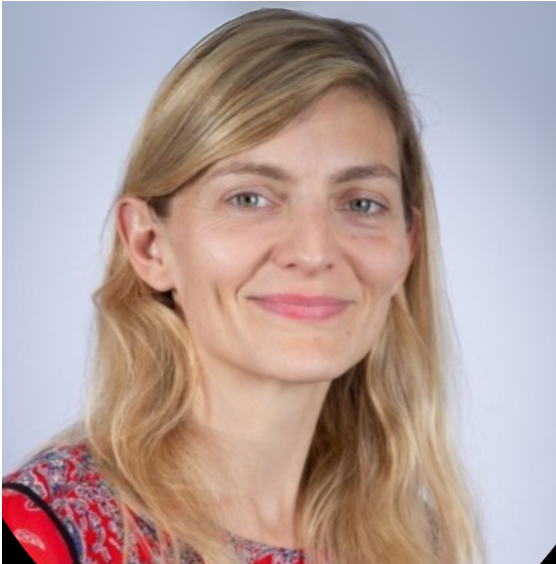
Melanie David-Durand
The Living Coast Biosphere Programme Manager
Melanie David-Duran supports TAP through the Biosphere programme, speaking about TAP at public engagement events and raising awareness of TAP to relevant organisations and potential new partners. The Biosphere has supported TAP since the very beginning and TAP is a great example of a project which showcases the global Biosphere objectives of conservation, sustainable development and shared knowledge and awareness.
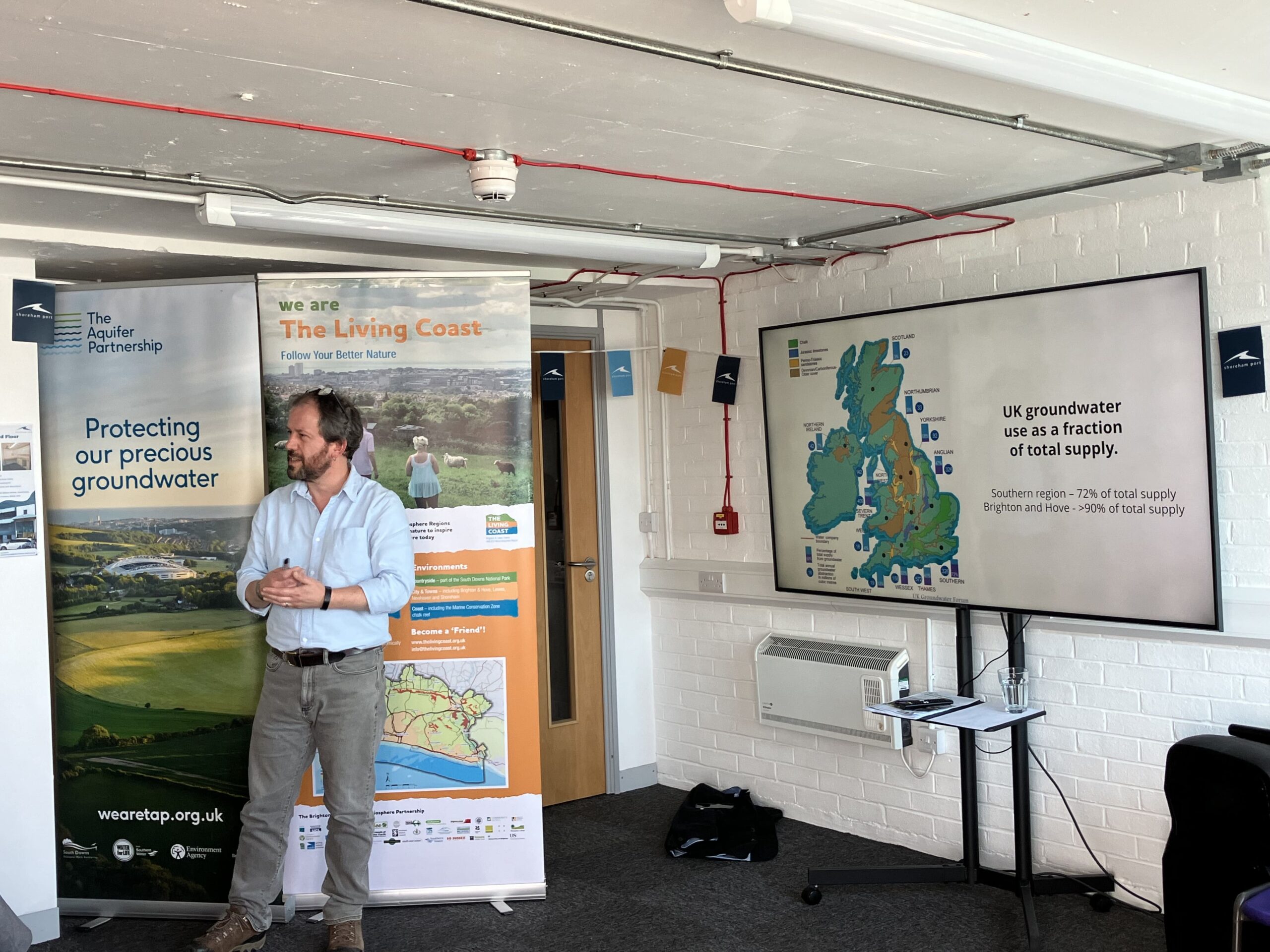
Martin Smith
Professor Martin Smith, School of Applied Sciences, University of Brighton
Martin Smith is Professor of Geochemistry, a geologist, geochemist and mineralogist, and is the Associate Dean for Research and Enterprise in the School of Applied Sciences. He has 25 years’ experience in geochemistry applied to problems in mineral deposit geology, hydrogeology and environmental mineralogy, and has been a Chartered Geologist with the Geological Society of London since 2012.
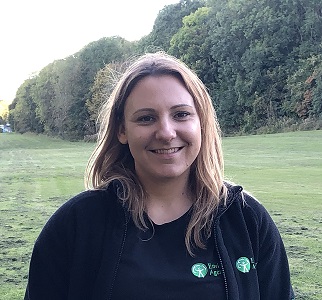
Amy Jack
Groundwater Technical Specialist at the Environment Agency
Amy provides professional support on TAP projects and helps bid for Environment Agency funding and resources to contribute to TAP’s work. Amy is particularly interested in pollution prevention, tackling it at source to protect the environment through innovative as well as tried and tested methods.
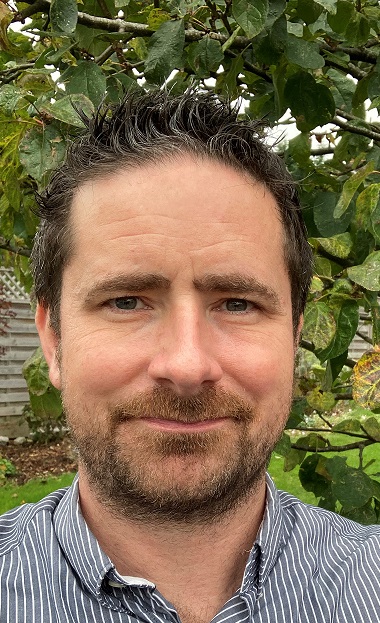
Max Woodford
Assistant Director, City Development and Regeneration, Brighton & Hove City Council
“My team at the council leads on sustainability, as well as pushing for sustainable new development in the city, and I represent BHCC on the TAP board. As the local authority for most of the TAP area, the partnership’s work is important in protecting the quality of the water supply and the environment for local residents.
It was the local authority’s predecessors who first bought tracts of downland precisely for the reason of protecting the water supply in the late 1800s, and the issue remains just as important now. Being in TAP brings our councillors (the decision makers) closer to these issues. We are also the local planning authority for much of the TAP area, making decisions about appropriate forms of development, and how those developments should deal with issues like ground water. I am proud of the work TAP is doing to deliver sustainable drainage projects in the city, from ensuring that road run off water is clean before it goes back into the chalk aquifer, to projects that engage school children in designing raingardens to learn about the water cycle.”
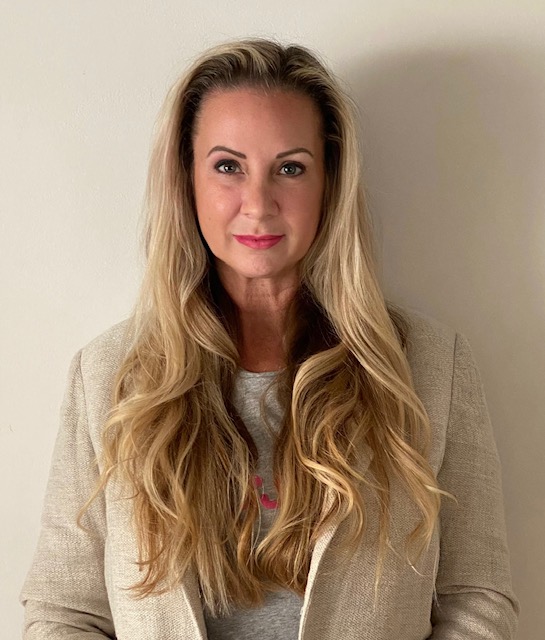
Pippa Collidge
Senior Project Engineer – Flood Risk for Brighton & Hove City Council
Pippa recently started a position as Senior Project Engineer at BHCC working in the flood risk department. She previously worked for civil engineering companies overseeing projects, some of which were SuDS schemes within the local Sussex area. She is passionate about SuDS design, creating biodiversity, stormwater management and flooding prevention.
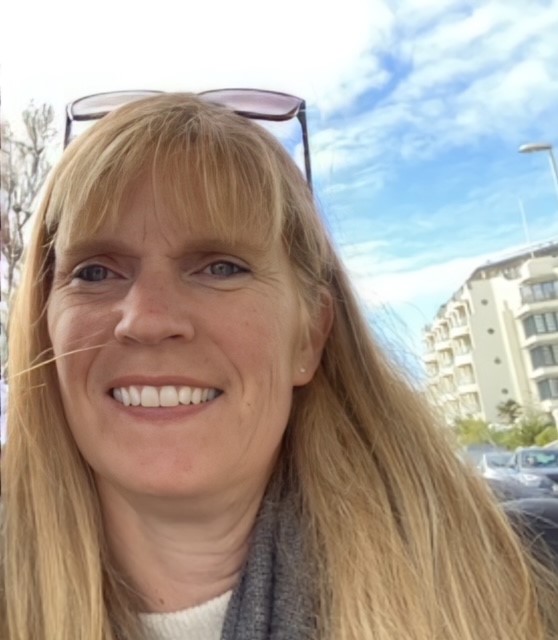
Claire Kerr
Countryside and Policy Manager – Eastern Downs,
South Downs National Park Authority
Claire leads landscape and biodiversity work in the area of the National Park that TAP sits within. We bring expertise to TAP in the wider rural environment, nature conservation, ecology, communities & education.
Claire has been a TAP Board member for two years – ‘I’m proud of the SuDS in Schools programme, creating climate adaptation measures which benefit nature and act as an educational resource. It’s fantastic to see TAP engaging young people in tangible actions for the environment!’
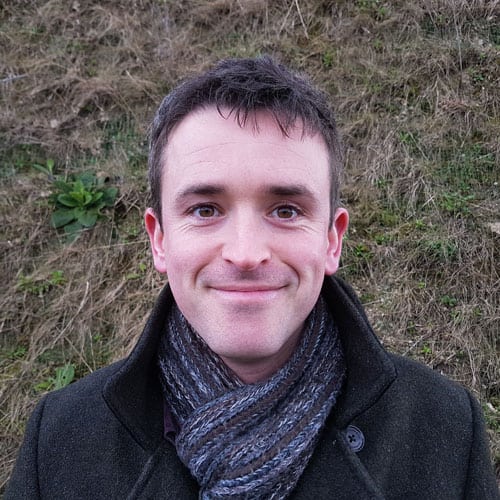
Robin Kelly
Southern Water Catchment Officer and TAP rural liaison
Robin works directly with the locals farmers to raise awareness of water quality issues and develop more nitrogen efficient ways of farming. Robin can TAP into nitrate reduction scheme funding from Southern Water to incentivise water friendly farming practices like over-winter cover crops.
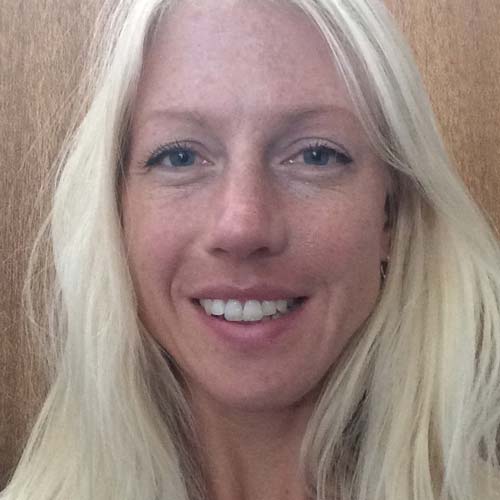
Leasa Williams
Southern Water Catchment Management Specialist
Leasa provides strategic support to Southern Water’s catchment scheme in the Brighton Chalk Block which aligns with The Aquifer Partnership project. This involves using the science to understand what’s going on in our catchments and how this might risk the quality of our sources. This information can guide the prioritisation of our efforts to reduce groundwater pollution to solve the problem as quickly as possible, being systematic and pragmatic, and spending customer’s money appropriately.



 Chrome
Chrome
 FireFox
FireFox
 Edge
Edge